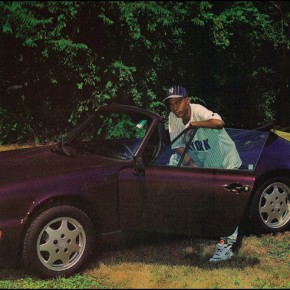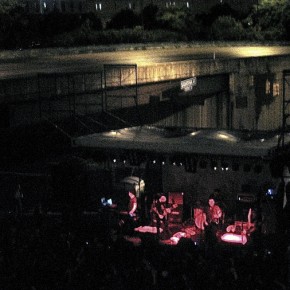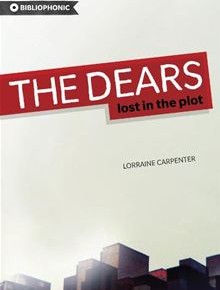
what’s local? a review of “The Dears: Lost in the Plot” by Lorraine Carpenter
Does it diminish a musician’s accomplishments to view them through his or her place of origin? Does the prism of the “hometown” assign the stigma of parochialism or, worse, artistic failure, implying that the musician never got out of the minor leagues, or never wanted to? Consider how we don’t find it fundamentally necessary to...
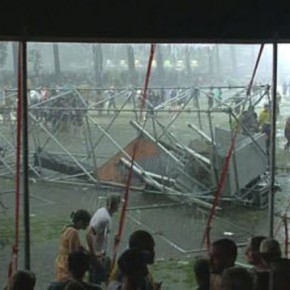
institutionalizing utopia: the predicament of the music festival
These are fat days for music festivals, it seems. Festivals for alternative music, heavy metal, electronic and dance, classical and jazz, festivals featuring music and film, festivals featuring music and academic lectures, festivals featuring acts who reunite just to play festivals—a whole lot of music festivals! Not to mention the music festival’s baby brothers and...
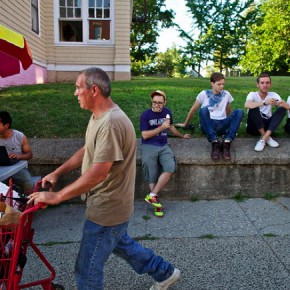
looking for the Hudson Valley hipster
In the town where I live, there’s been a lot of chatter over a recent NY Times article which reports how Brooklynites (an apparent synonym for NYC’s mobile, creative types) are descending upon the Hudson Valley area some 75 miles north of the city to live, visit, consume, and generally do their Brooklyn thing. Local businesses,...
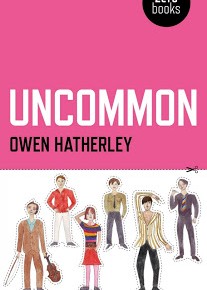
the end of the line in Sheffield: Sex City? a review of “Uncommon: An Essay on Pulp” by Owen Hatherley
With the horribly regressive debt-ceiling legislation passed by the U.S. Congress today, the West took yet another step toward making the neoliberal dream — gutting social programs, enshrining the market as the means and end of social well-being, idealizing upward mobility and the consumer good life, and leaving the lower classes to their own fate...

musical urbanism: statement of a scholarly project
It’s promotion review time for me, and in writing a research statement for the three anonymous sociologists evaluating my work, I’ve had the occasion to compile and synthesize my thinking on musical urbanism into a single essay. Think of this post as a users manual for understanding what I’ve been up to academically with this...
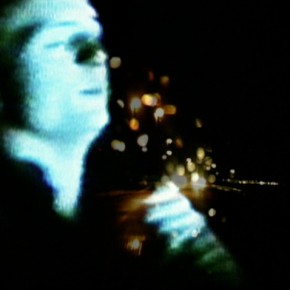
how Joy Division came to sound like Manchester
[Update: this blog post has been expanded and revised into an article for the Journal of Popular Music Studies.] I’m always puzzled when I hear how Elvis Presley or Mick Jagger “sounded black” when they first appeared on the radio. Back in the 70s, when I was a kid listening commercial radio that played pop,...
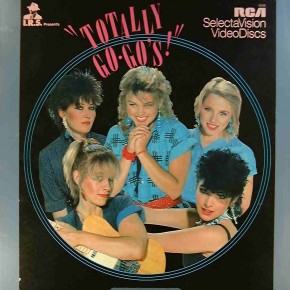
totally PV, “Totally Go-Go’s”: the ambitions of Los Angeles new wave
It’s Friday night, December 4, 1981, in Palos Verdes Estates, California, and tonight the Go-Go’s — the Los Angeles band of the moment — are playing your high school. OMIGAWD! Palos Verdes Estates was probably not a big stomping grounds for the Go-Go’s. A tiny, coastal municipality sheltered from the rest of Los Angeles County...
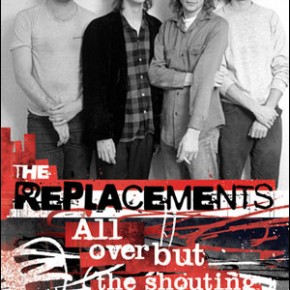
sons of Norway: scratching at the local myth of the Replacements
The Replacements are in the ether again. Do they ever leave? Their legend has hardly faded since they broke up in 1991, but it seems now that popular culture, having cycled through late 70s/early 80s new wave and post-punk, is in the midst of a nostalgic phase for late 80s/early 90s college-radio music. There was...
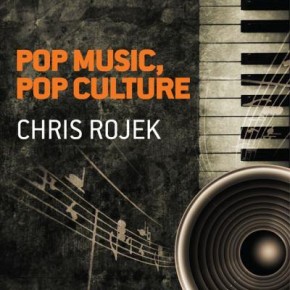
listening alone, together: a review of “Pop Music, Pop Culture” by Chris Rojek
British sociologist Chris Rojek has just published a major work in the social analysis of pop music. To say its argument isn’t completely satisfying doesn’t belittle the remarkable accomplishment of Pop Music, Pop Culture (Polity, 2011), which covers the gamut of musical production, content, and reception from the pre-historic oral tradition to today’s P2P networks. Most distinctively, Pop...

